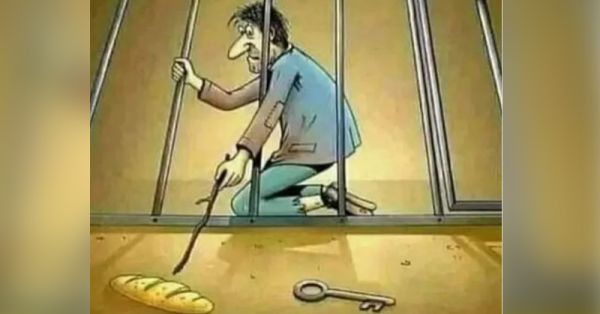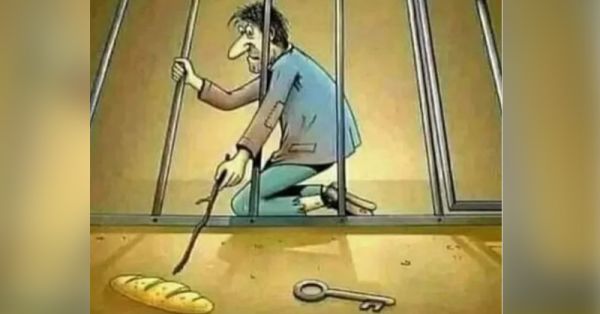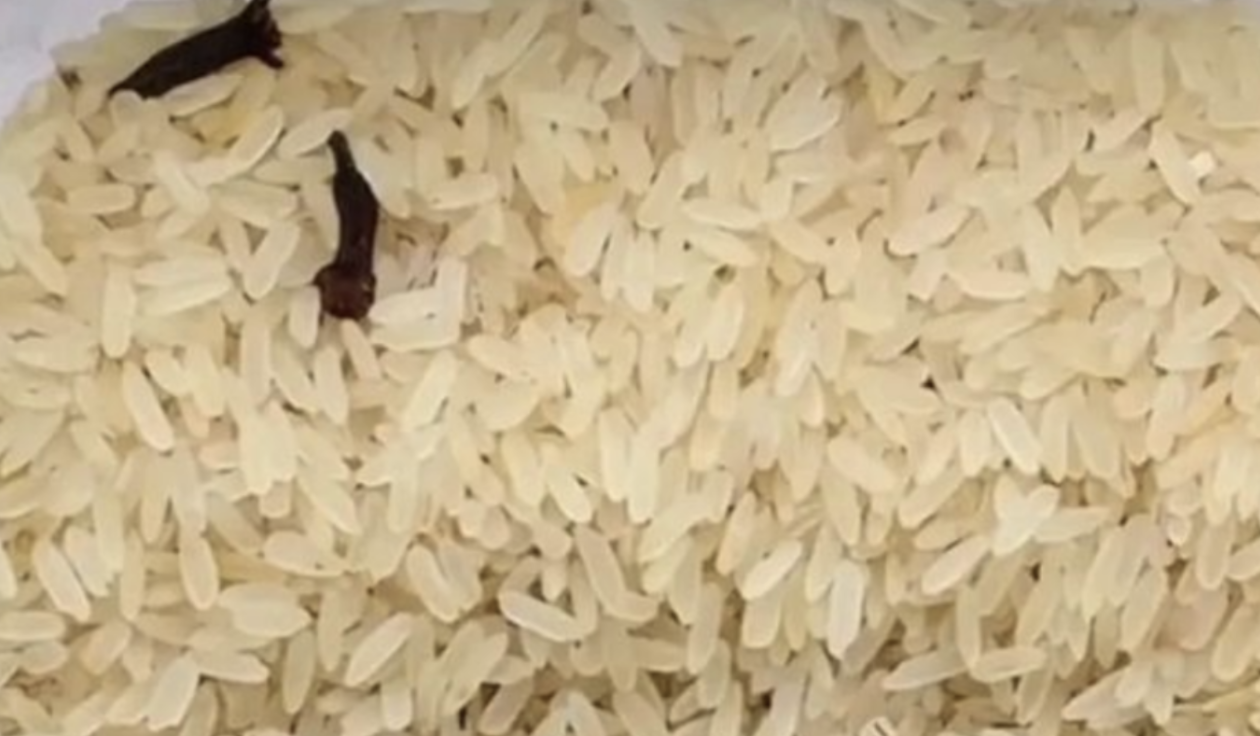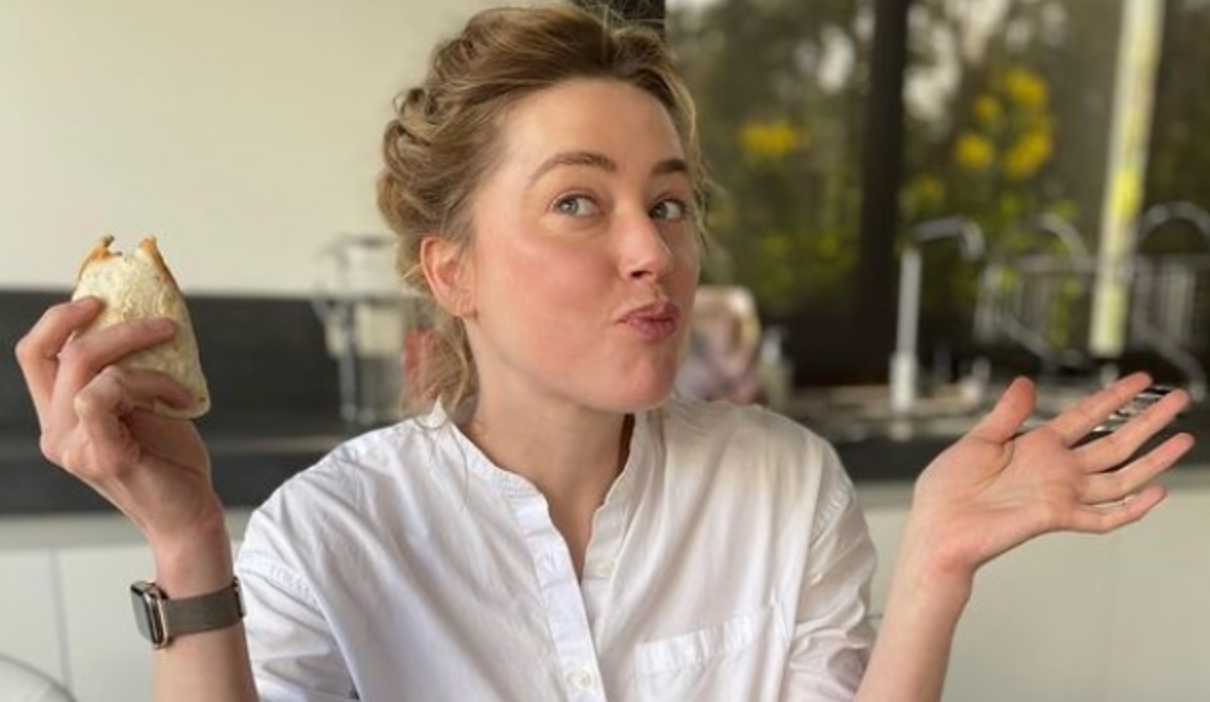In the fable of “The Prisoner and the Bread,” a solitary prisoner is faced with a difficult decision – a loaf of bread or an escape key. This story has sparked countless discussions throughout history, and it still leaves me pondering.
When faced with two possibilities, it is crucial to carefully consider the best choice. For prisoners, this decision carries even greater significance, as it may impact their continued survival. But why would someone choose bread over the key to freedom?
The answer lies in the instinct for survival. While the key may release the prisoner from their restraints, it does not guarantee freedom and security once outside. Without a well-thought-out plan to overcome guards and obstacles, the chances of a failed escape increase.
On the other hand, bread provides immediate sustenance and comfort during trying times. It can serve as a source of nourishment and even be used to bribe guards, making up for some of the challenges involved in escape preparations. In the grand scheme of things, when weighing the pros and cons, bread seems to make more sense.
Survival often takes precedence over long-term objectives. While the ultimate goal may be freedom from imprisonment, the immediate need for sustenance may outweigh it. Bread becomes a pragmatic choice, offering both physical nourishment and a potential tool to navigate the difficulties of escape.
Regardless of the alternative chosen, it is essential to recognize one’s limitations and make use of available resources. The decision between bread and a key ultimately comes down to individual circumstances and desired objectives.
So, the next time we find ourselves facing a difficult choice like the prisoner in the fable, let’s remember to carefully evaluate our options, considering not only our long-term goals but also our immediate needs.






